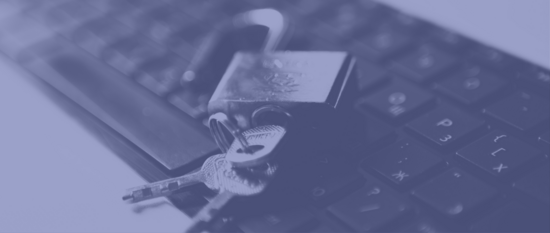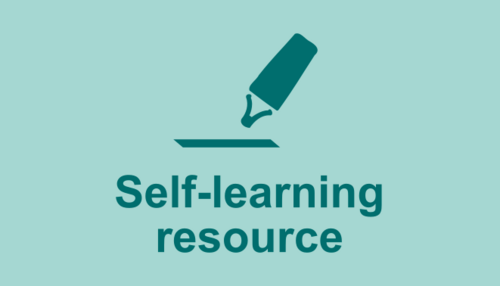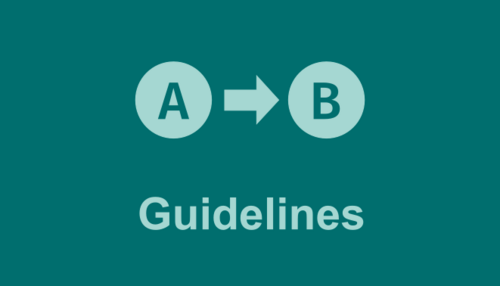
Information resourcesIdentity, safety and well-being
Being literate in the area of digital identity, safety and well-being means being aware of the benefits and risks online that presence and digital participation entails for identity, reputation, personal integrity, individual property, health, well-being and sustainability, both at the individual and at the collective level.
- Instructions on how to use this page can be found on the entry page.
- Send feedback and reports problems to digital-literacies@clutterunibas.ch
Resources at the University of Basel

Digital Security
The web page and the brochure Getting started with digital security, which are based on the recommendations of the IT Services of the University of Basel, offer a brief introduction to the "how" and "why" of digital security.

Data protection
This online-course presents the fundamentals of data protection: what is the difference between technical and personal data? What risks are inherent in cloud storage? Answers to these and many other questions increase your confidence when dealing with data in the world-wide web.

Safety instructions
The IT Services have a website on security and data protection. It includes, among other things, a presentation of the general security rules, information on password security and on privacy and data protection (in German).

Well-being when working from home
The Department Training and Development of the University of Basel have compiled useful tips on how to stay safe and healthy when working from home (PDF document, in German).

Digital sustainability
The Sustainability Department of the University of Basel promotes sustainability in all areas of the university. In this PDF, it presents recommendations for sustainable action, especially in the area of energy, with tips on energy-saving settings and sustainable devices.
Further internet resources

Digital rights and duties
CCDigitalLaw, which was developed in part at the University of Basel, is a comprehensive knowledge base on copyright, data protection, and privacy in digital environments, with a focus on the Swiss context.

Online security with iBarry
The Swiss Internet Security Alliance is committed to promoting online security and data protection. Its website “iBarry” offers numerous useful recommendations and presents best practices in this area.

Digital security guidelines
The German Federal Office for Information Security has a valuable Website with general information, practical advice and specific guidelines.

Cybersecurity
As part of the Digital SkillUp project, the European Union offers the Cybersecurity course, a practical guide on the topic of risks and threats in the digital space. The course with exercises (after login) provides knowledge on securing digital life as well as practical protective measures for digital activities.

Digitally safe with SECUSO
The SECUSO research group at the University of Karlsruhe has a Website on digital privacy and security with tests, descriptions of best practices as well as recommendations for tools.
